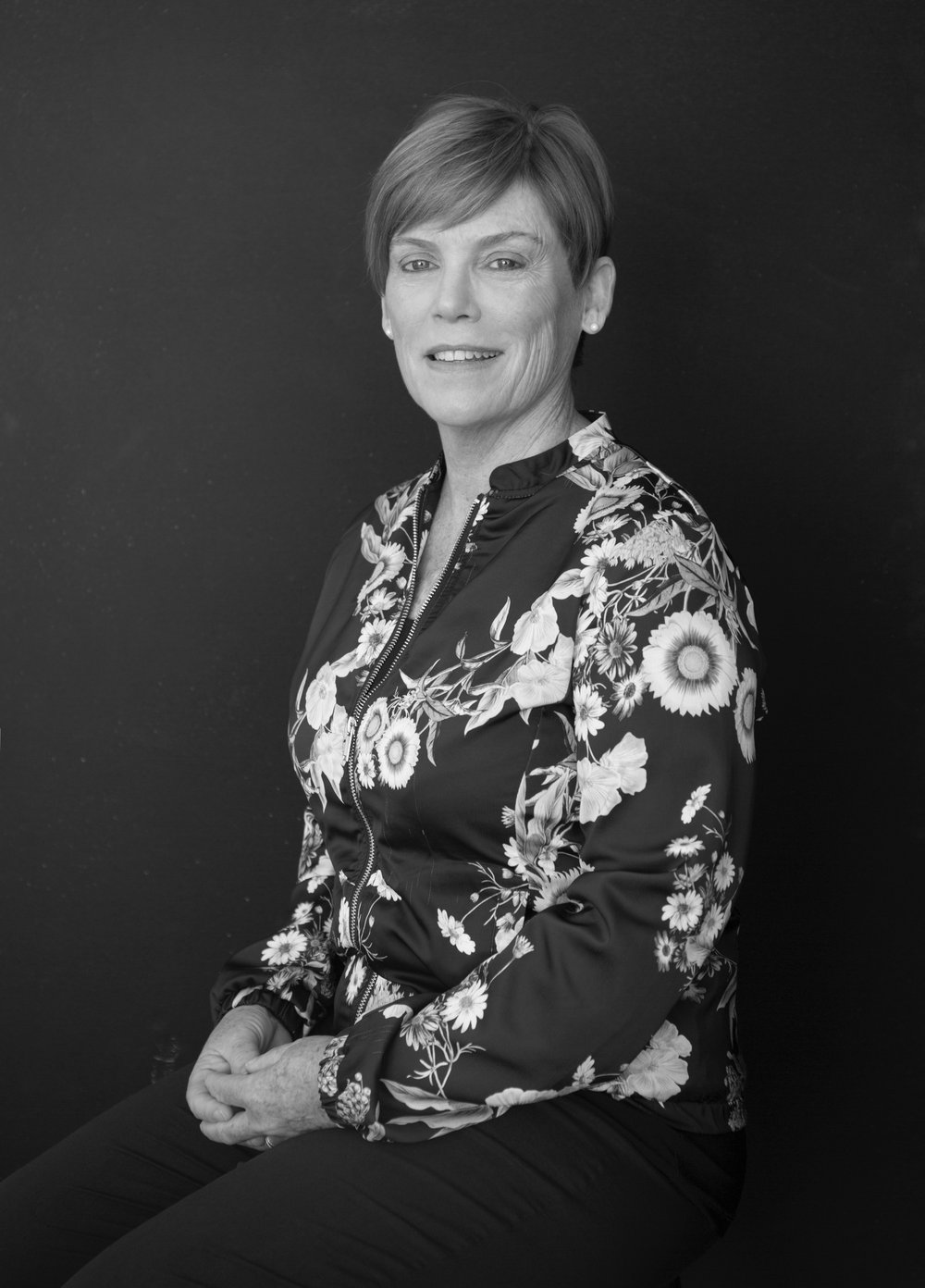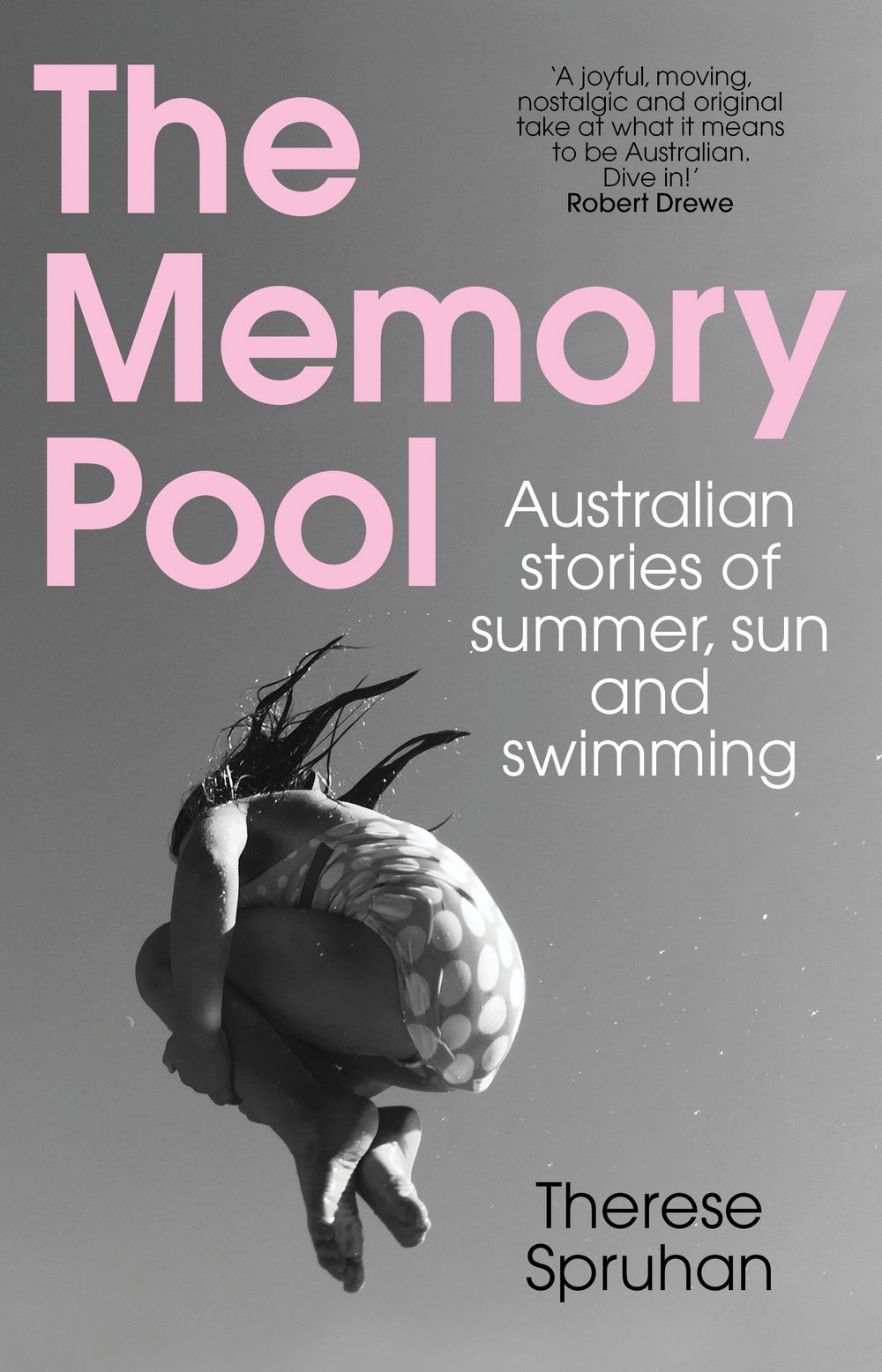In early September 2019, when I heard the ABC had produced a documentary looking at Australian identity through the prism of the pool, I couldn’t believe the incredible timing with the imminent release of my book, The Memory Pool: Australian stories of summer, sun and swimming.
When I watched The Pool, screened later that month over two Sunday nights, I was excited by the synchronicity with the themes in my book and ones expressed on the program – the pool as a central part of Australian culture, a meeting place, a playground for the imagination, a source of healing, a battleground and the beating heart of many local communities.
I also wasn’t surprised to hear people wax lyrical about the pool and use words and phrases like holy water, baptism, worship, sanctuary, healing and spirit place. In the first chapter of my book, ‘Sprinting to the Sandgate swimming pool’, journalist and author Trent Dalton says: ‘I didn’t go to church as a kid but that was my church – my sacred space – a pilgrimage to the Sandgate swimming pool. That’s where I was always going as a kid.’
Trent Dalton was one of 28 Australians I interviewed for The Memory Pool including well-known legends like Shane Gould, Bryan Brown, Leah Purcell, Lawrie Lawrence and Merrick Watts. The focus of the interviews was on childhood memories as that’s when we have our most intense relationship with a pool. When I spoke to each person I asked them about their first meeting with ‘their pool’, about special memories, favourite spots and what that watery place meant to them as a child.
After transcribing the interview, I wrote each person’s story in their own words – in first person – so that the distinctive voice and experience of each one came through. I also wrote my own story of growing up at Northbridge Baths, a tidal pool in a quiet corner of Sydney’s Middle Harbour, a place that was like my best friend when I was a child.
When I completed the book, it was overflowing with wonderful recollections of the pool from diverse Australians aged 28 to 97 in locations all over the country and from a range of different aquatic settings – chlorine, ocean, bay, river and backyard.
The stories take a deep dive into the inner world of the pool, a place of daring, competition, belonging, solitude, fantasy, freedom, friendship, escape, romance and love. There are common threads of learning to swim, warm concrete, hot chips and chlorine, bombs and the brush of skin on skin. There are also many examples of how a simple structure like the local pool could inspire imaginations, build courage, fulfil dreams and provide refuge.
For Trent Dalton, the Sandgate pool in Brisbane’s north was not only his sacred space. It was a sanctuary away from his sometimes difficult home life, a place of profound moments, awakenings and where he stood up to bullies wanting to take his Calippo.
For Leah Purcell, the Murgon Jubilee Pool in south-west Queensland was the meeting place, the safe place in town: ‘There was racism in Murgon but I never saw any Aboriginal kids turned away from the pool. I remember a few glances from some of the white mothers thinking, We’re in the same water as them, but looking back, the pool was the only place in town that it seemed okay for everyone to be just doing their stuff.’
Actor Bryan Brown recalls the Bankstown Baths in western Sydney as a place of enormous life. ‘Those baths initiated me not just to swimming but a whole understanding of life – who were the right people to hang around with and who were not.’
And just like on The Pool documentary on ABC-TV, where a woman became emotional speaking about the closure of a vital community pool, so too did people in my book. In his chapter, ‘Diving for catches at the Henley and Grange Pool in Adelaide’, Richard Chmielewski says: ‘In 1985 when I was living in Sydney, I was devastated to hear it had been demolished. I felt a great sense of loss because I would never be able to revisit any of my treasured memories and I didn’t get to have one last swim.’
The Memory Pool will appeal to anyone who has spent a long hot summer at the local pool but also to readers who enjoy true stories, human stories, Australian stories and narratives that reveal the social history of our country from the setting of the local pool.
As author Robert Drewe says on the cover of The Memory Pool: ‘A joyful, moving, nostalgic and original take at what it means to be Australians. Dive in!’
Therese Spruhan's book The Memory Pool: Australian stories of summer, sun and swimming will be published by NewSouth in November 2019.



